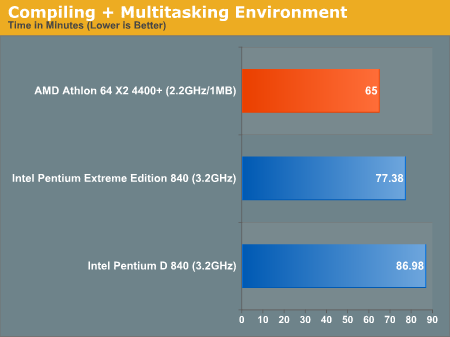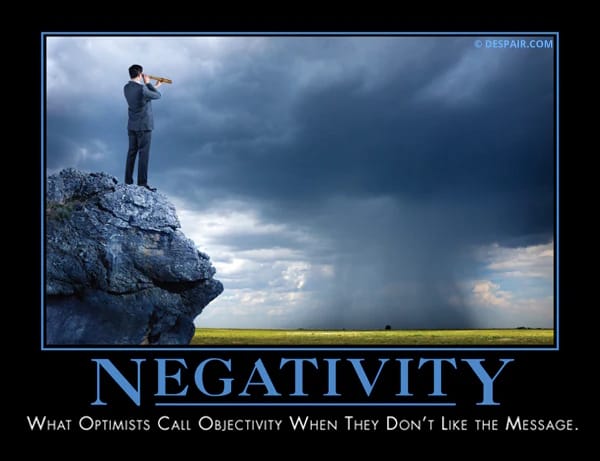community
A Group Is Its Own Worst Enemy
Dare Obasanjo recently wrote about the failure of Kuro5hin, which was originally designed to address perceived problems with the slashdot model: [Kuro5hin allowed] all users to create stories, vote on the stories and to rate comments. There were a couple of other features that distinguished the K5 community such as







